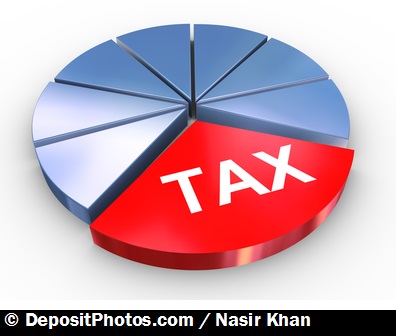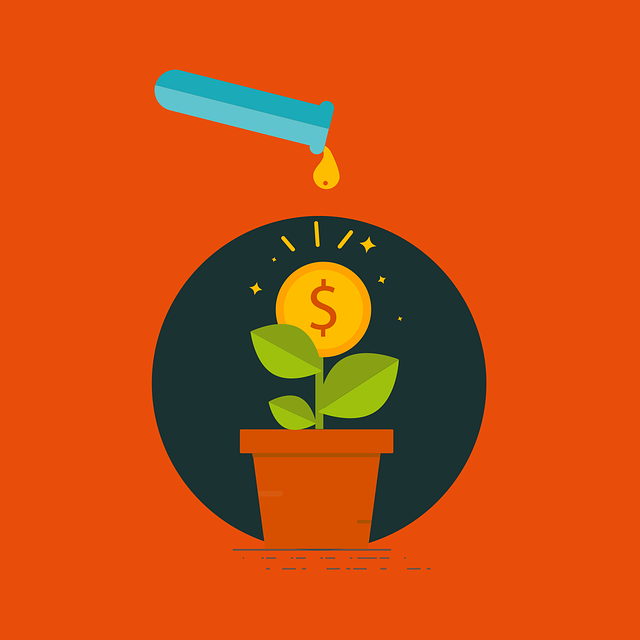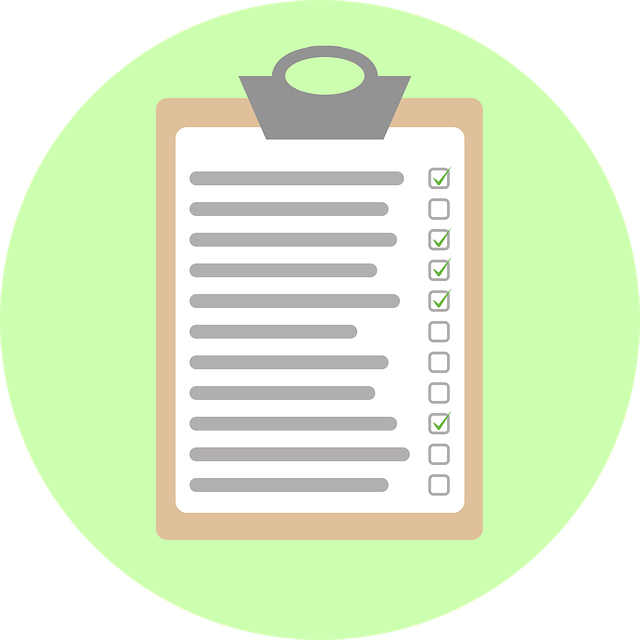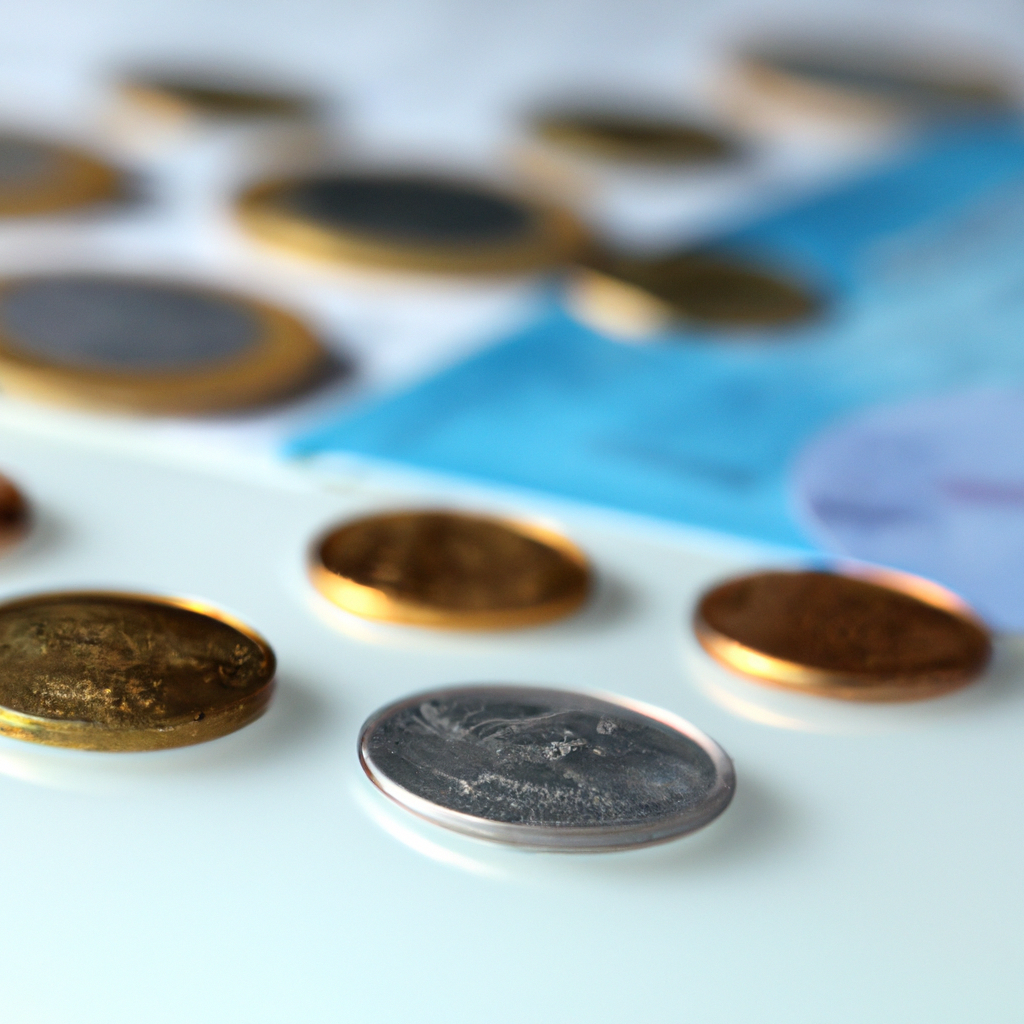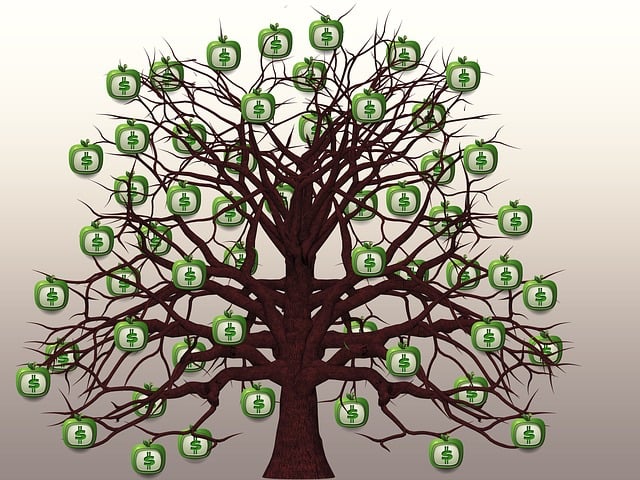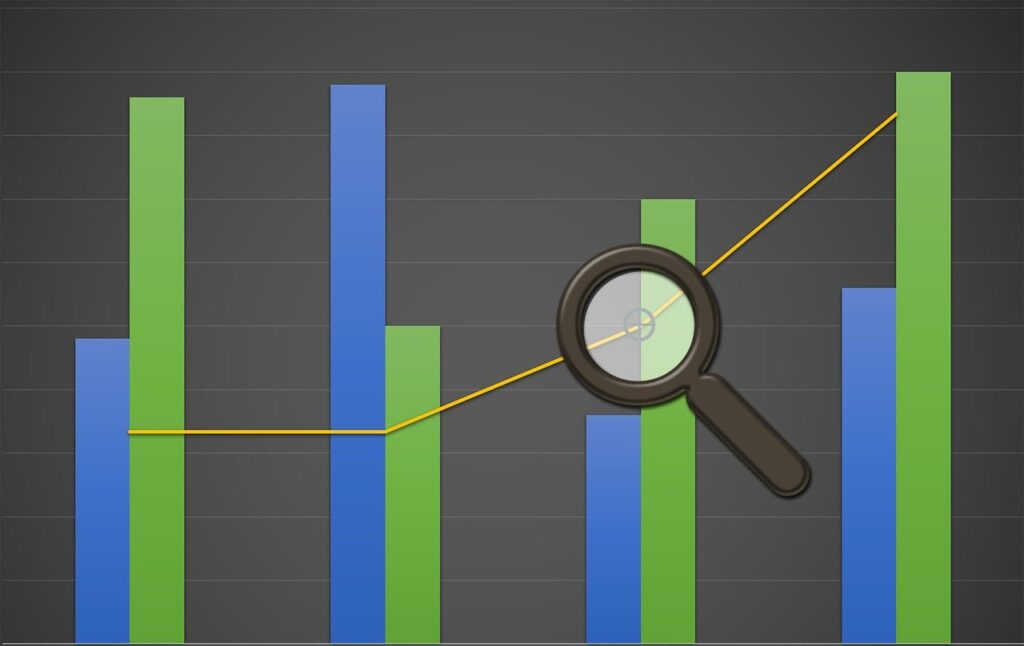Property or real estate taxes can prove to be a huge burden on any property owners' finances. The problem with property taxes is the fact that they increase with the passing of time, as soon as you've paid your first mortgage you can expect the property taxes to just keep on coming.
And because property taxes can be a bit confusing along with being burdensome, many home owners end up overpaying their taxes.
With the help of some helpful tips, however, you can help ascertain that you don't have to pay a penny more than what you're supposed to.
Tip # 1: Study Your Property Card Thoroughly
Most home owners don't know but they can actually easily acquire their property card from their local town hall, just call up a meeting with your local assessor's office. This property card helps you acquire all the right information about your property that the town or city government has gathered overtime. This then helps you ascertain how much property tax you really have to pay.
For example the property card has the information about the size of your property, the accurate dimensions of your room and all the features and fixtures included in the property.
You can check your property card for any inconsistencies and if you find them you can get the assessor to make the necessary correction and then lower your property taxes.
Tip # 2: Don’t Build Anything New
If you're looking for your property taxes to not drastically increase all of a sudden refrain from adding any structural changes to your property.
These constructions can include a pool, a deck or even a large shed. If you do want to add a new feature to your home it would be best if you ask just how much that fixture is going to cost you in terms of your property taxes.
Tip # 3: Ask Your Neighbors
It is a good idea to look at comparable houses in your neighborhood and ask your neighbors how much tax they are paying.
By asking your neighbors you basically get to gather general statistics about your town's tax evaluation results and after you've asked around a couple of times and you get the feeling that you are paying more than most of your neighbors you should ask for reassessment of your property as soon as possible.
Tip # 4: Guide Your Assessor through the Evaluation Process
When assessors come for a home evaluation, most home owners just let them make their tour unattended; this can turn into a big disadvantage for property owners.
How?
Because almost every evaluation is subjective, the assessor will only see the good points if you don't walk alongside chiming in about the downsides. For example, the assessors are likely to see your new appliances but they can miss your warped roof if you're not there with them pointing to it.
What condition your home is in determines how much property tax you'll end up paying. So, if there's something wrong with your home, if something needs replacing or is broken come right out and say it because if you don't you would most probably end up paying a higher property tax then you should have.
Tip # 5: Don’t Show Off For the Assessor
The shape or condition your home is in when the assessor comes down for the evaluation is a big factor in determining your property tax rate. If you don't want to drive up the rate don't groom your home just because of the assessor's visit.
The shape your neighbors' houses in comparison to yours also matters in the evaluation, if your house is standing out in a lavish way chances are your property tax will be higher than your neighbors'.
Property taxes are too arduous anyways, make sure that you're not overpaying them by keeping the above 5 tips in mind.

